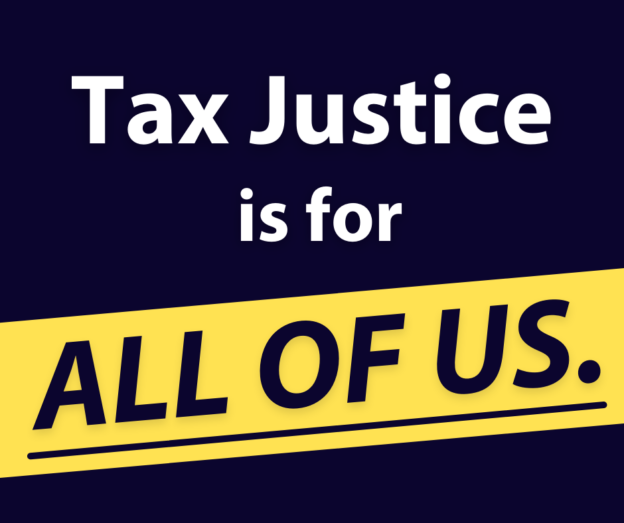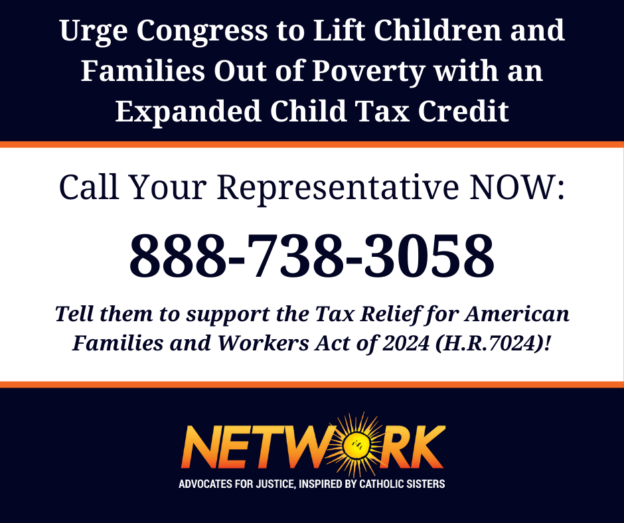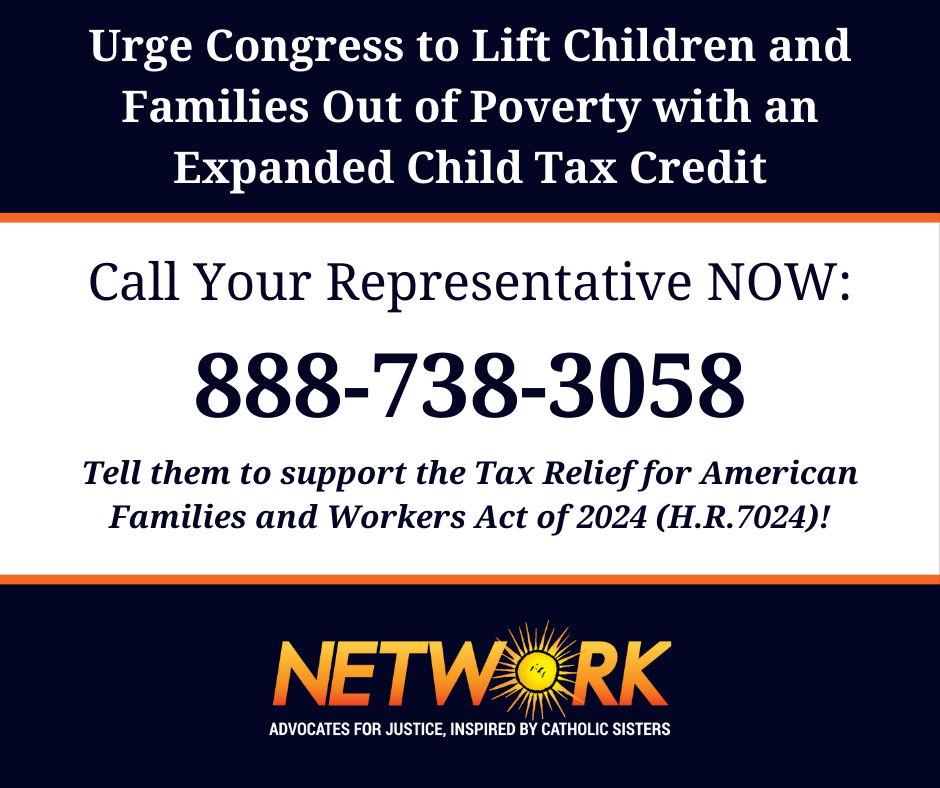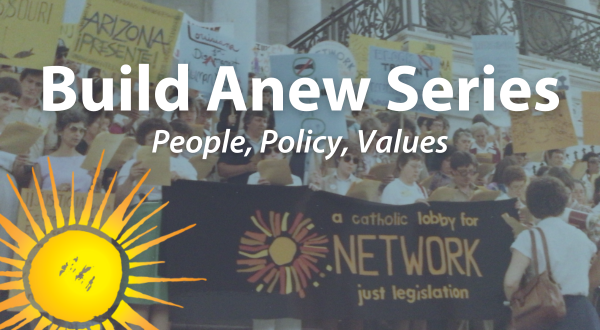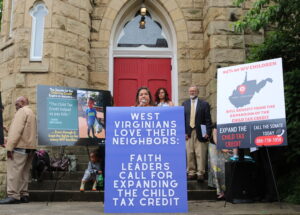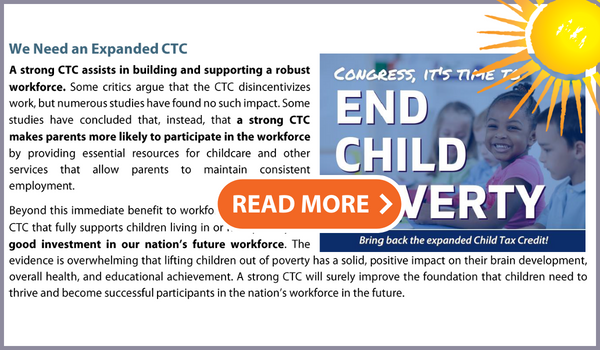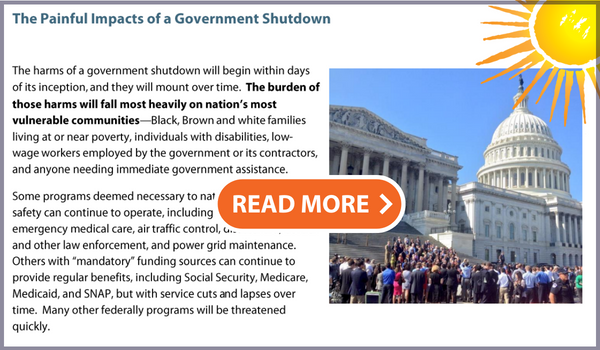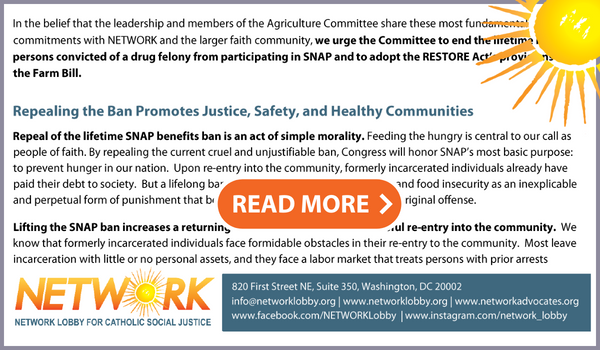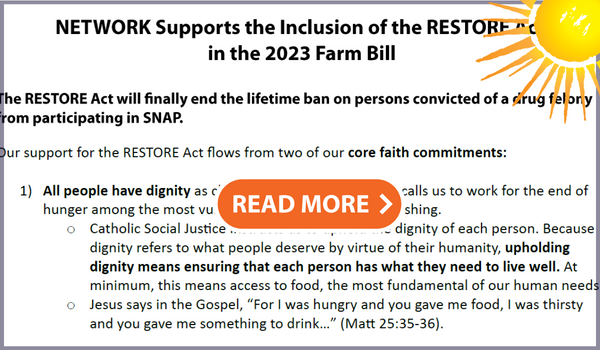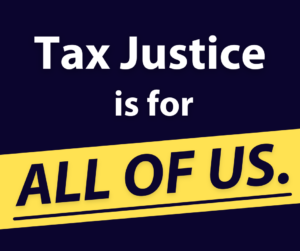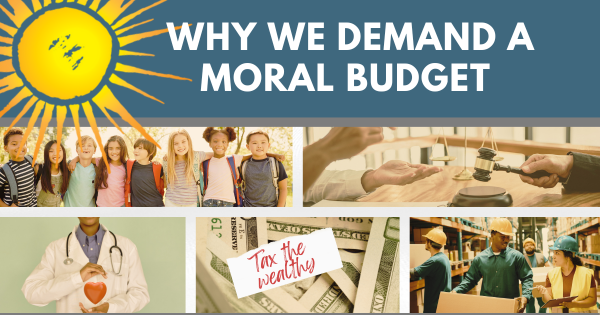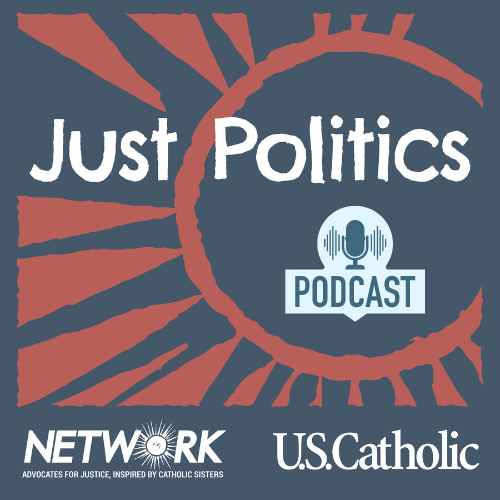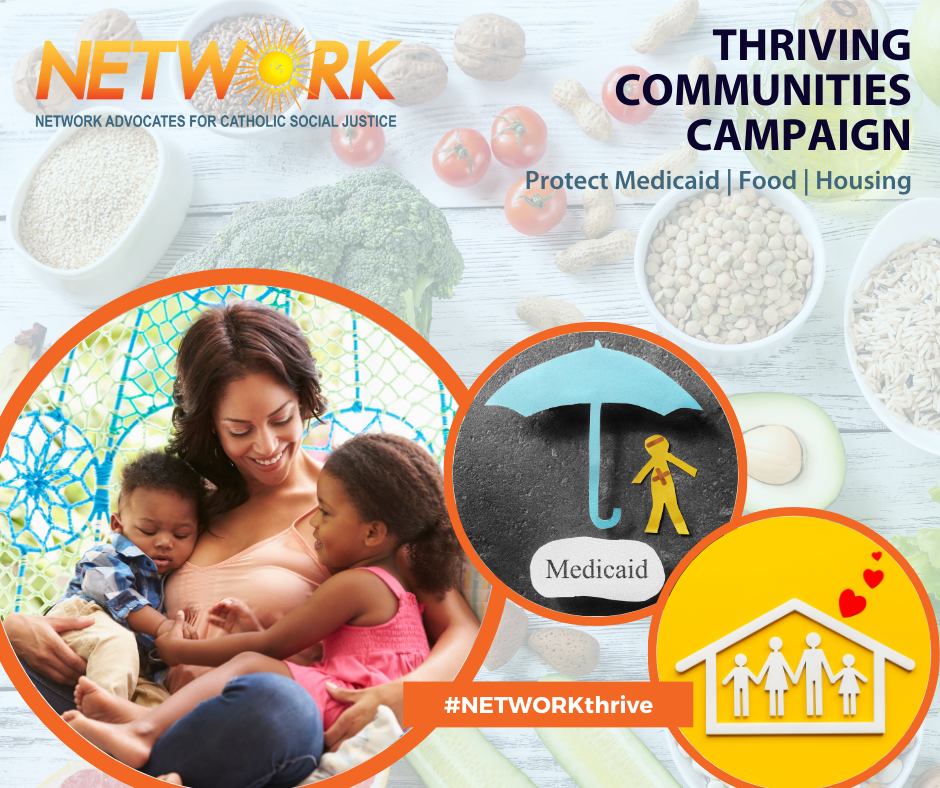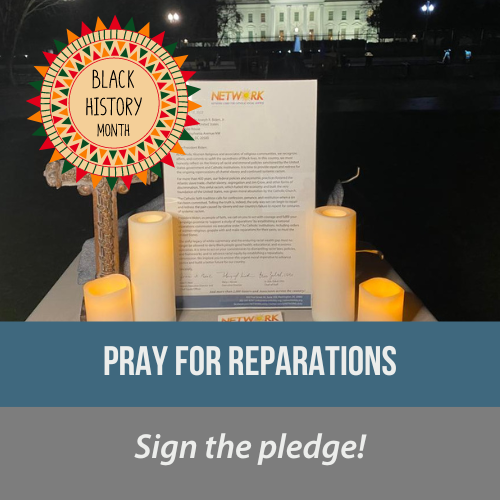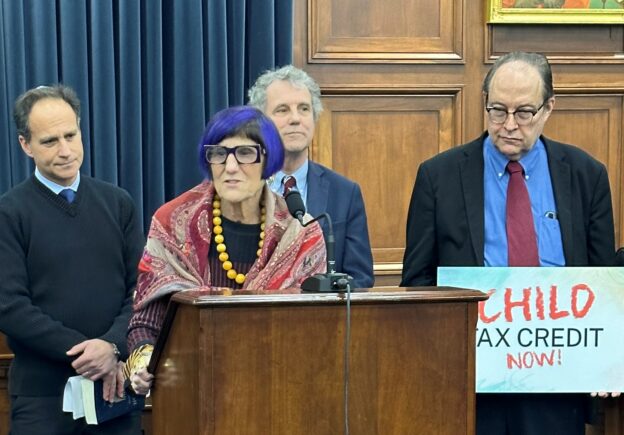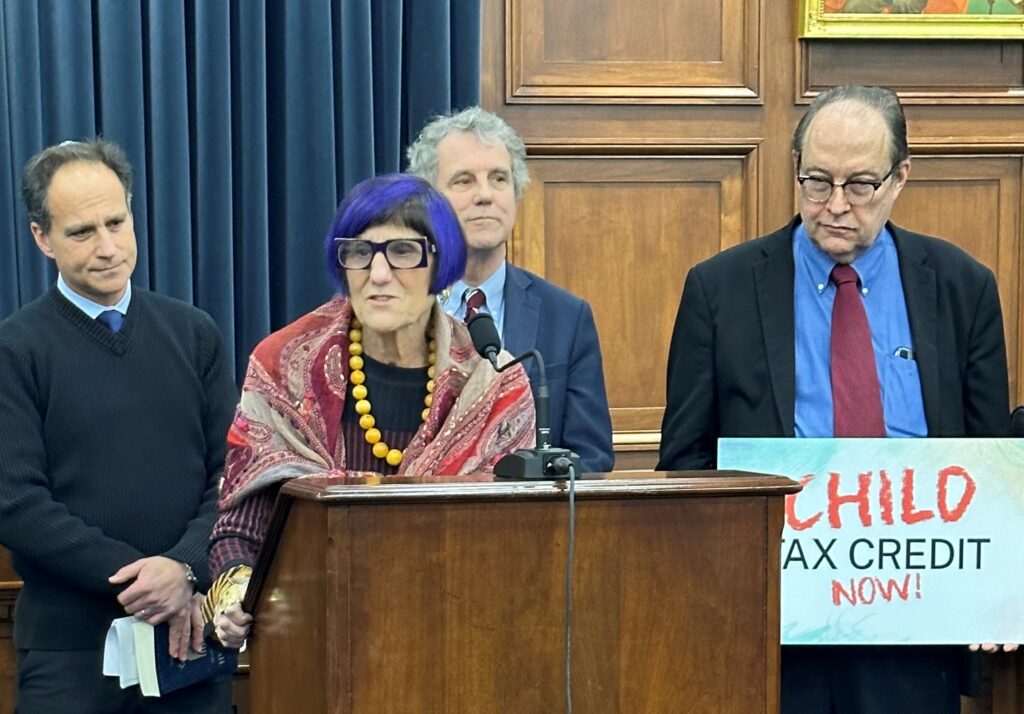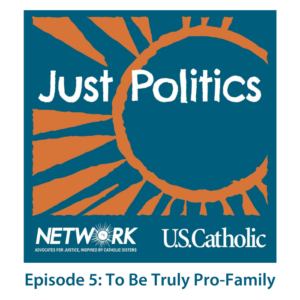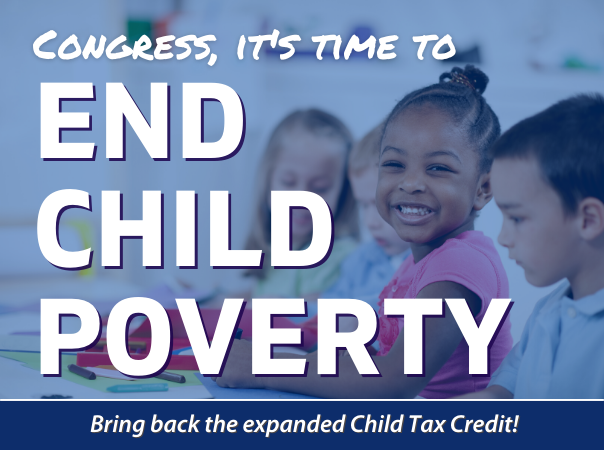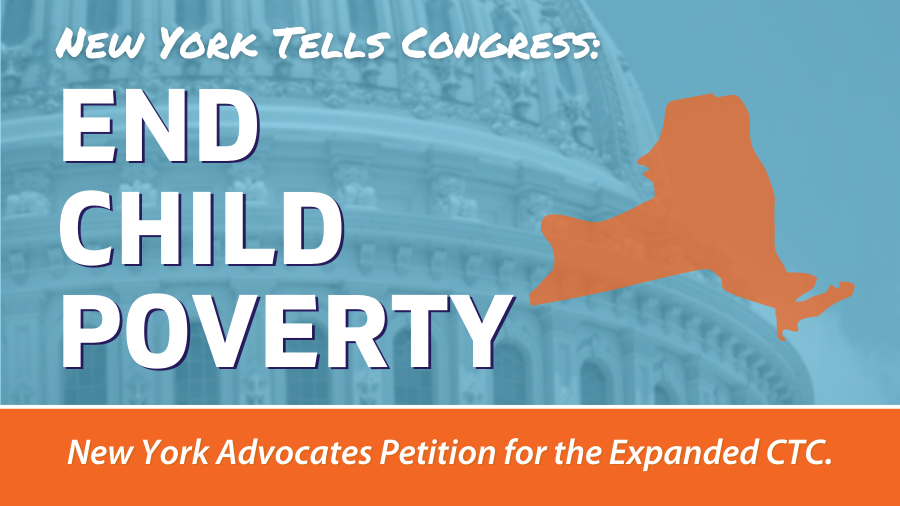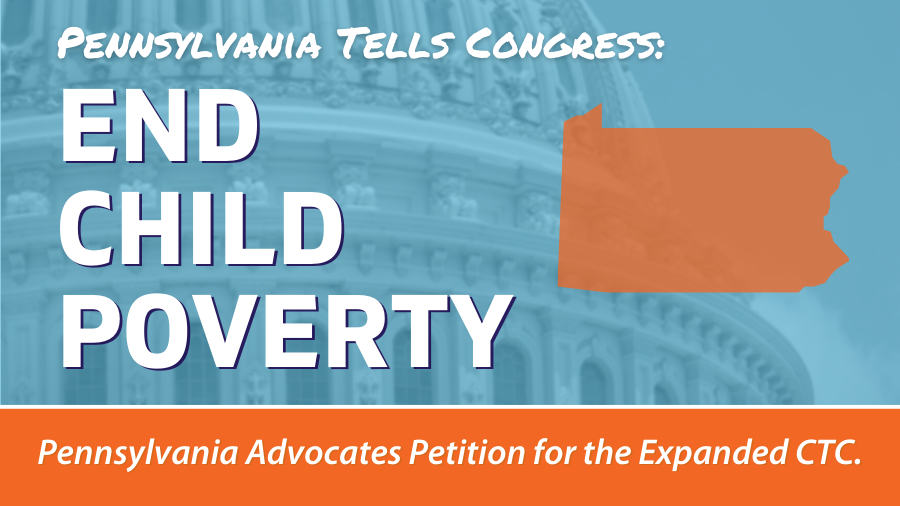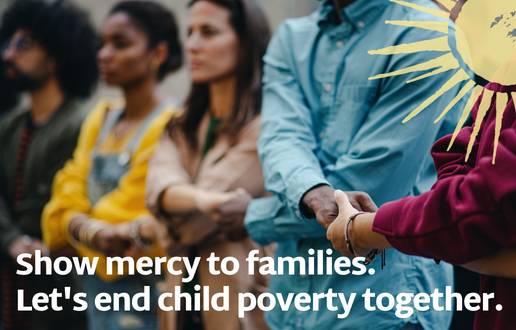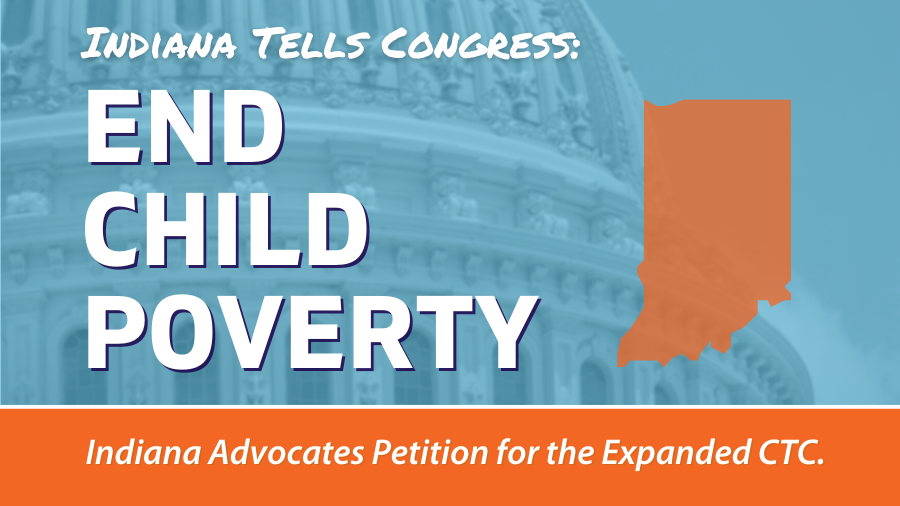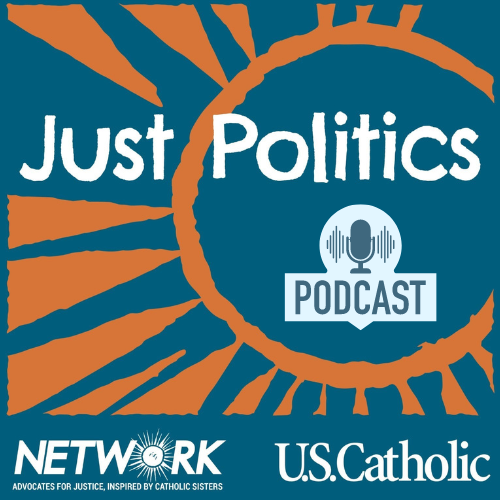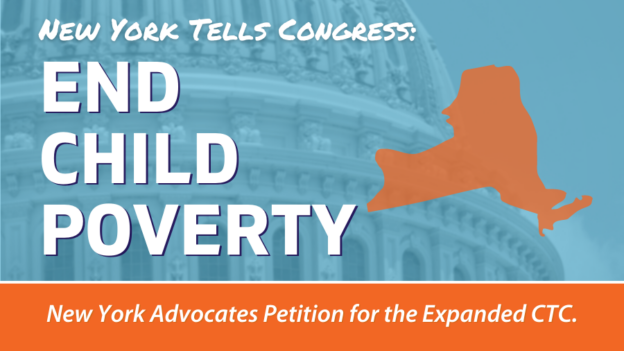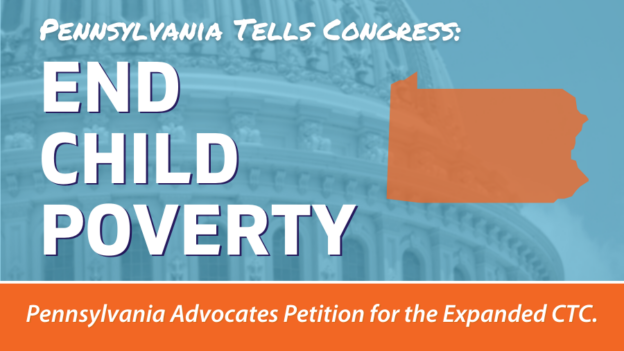Why We Can’t Have Nice Things (to File Our Taxes)
Trump’s Shutdown of Direct File Tax Option Shows Administration Always Picks Business Over People
Jarrett Smith
August 15, 2025
Don’t we all deserve the best of things? Why can’t the government deliver a top-quality app that solves a problem?
The Biden administration tried to answer both of those questions with a service called Direct File.
The pandemic got government leaders to think about ways for people to more easily access government support like the Child Tax Credit. Led by Treasury, the IRS, the U.S. Digital Service, and Code for America, a team built a free tax preparation service from the ground up: Direct File.

The Direct File program, which the government rolled out in numerous states under the Biden administration, allowed people to file their taxes directly with the government online for free. President Trump shut it down in July.
Direct File opened the door for people to file their taxes directly with the IRS for free rather than having to rely on a third-party service, which is often costly. An extra $23 billion is spent by taxpayers with for-profit tax preparation companies.
Direct File began in the 2024 filing season and was eventually rolled out to 25 states by 2025. It had the potential to become a one-stop place for people to qualify for federal benefits like SNAP, Medicaid, and others while also filing income taxes. It met its goal of eliminating costs and confusion for taxpayers. One survey said that 98 percent of Direct File users being “very satisfied” or “satisfied.”
This promising development abruptly ended July 31, when the President Trump shut down the entire Direct File program. It’s yet another move by the Trump administration to favor the interests of business over anything that might help people to thrive.
We can take some solace in the news that, before then-IRS Commissioner Billy Long said 2026 taxpayers will not have the free app as an option to file taxes, Direct File’s code was released. This left some hope that Direct File may one day be restored. A future administration could decide to do the right thing and give us all a little something we deserve.







